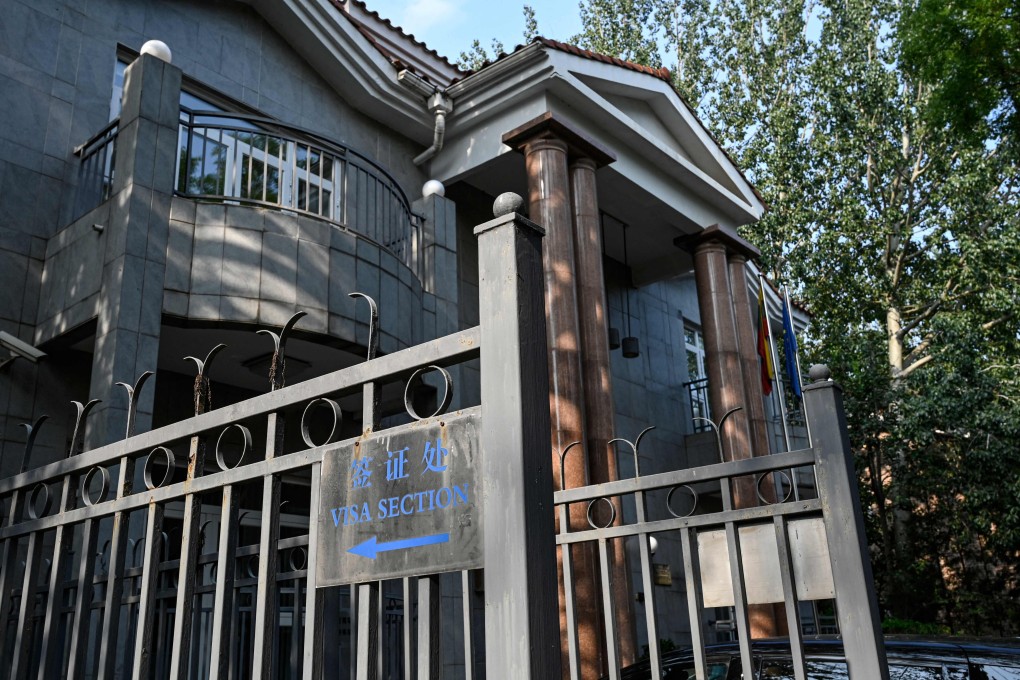Advertisement
‘We don’t respond well to threats’: Lithuania faces off against China, Belarus
- As China recalled its ambassador to Lithuania on Tuesday, lawmakers discuss the spiralling migrant crisis on its border with Belarus
- Over the course of 2021, Lithuania has emerged as China’s staunchest critic in the European Union
Reading Time:3 minutes
Why you can trust SCMP
99+

As China recalled its ambassador to Lithuania on Tuesday and urged Vilnius to do the same, lawmakers in the Baltic state were holding an extraordinary plenary session to discuss the spiralling migrant crisis on its border with Belarus.
Some lawmakers said they hoped the fact that the diplomatic feud happened during the debate would strengthen the government’s resolve against all challengers. Lithuania has accused Belarus of using migrants to apply pressure to the European Union to reverse biting sanctions on the country.
“We don’t respond well to threats. We survived a Communist regime for over half a century and we are not responding to threats from the Russian authoritarian regime. We are a Western, independent country, and we are not going to allow China or Belarus or Russia to somehow dictate that,” said opposition Social Democratic Party MP Dovile Sakaliene, a vocal China critic who was sanctioned by Beijing in March.
Lithuania was the first republic to declare independence from the Soviet Union and Sakaliene said because the diplomatic row coincided with a debate on Belarusian and Russian influence in the Baltics, it was a reminder of this authoritarian history.
Advertisement
Over the course of 2021, Lithuania has emerged as China’s staunchest critic in the European Union.
This year it dropped out of a forum of 17 Central and Eastern European nations organised by China to grow ties with the region and been an early mover on vaccine provision to Taiwan.
Advertisement
Advertisement
Select Voice
Choose your listening speed
Get through articles 2x faster
1.25x
250 WPM
Slow
Average
Fast
1.25x